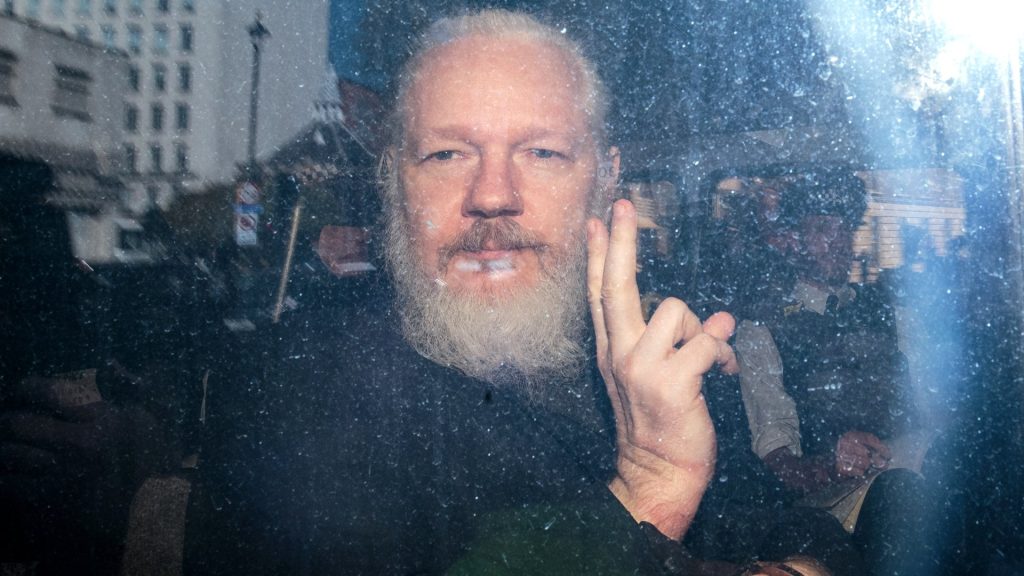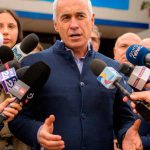After a lengthy, highly publicised legal battle, including five years in a British prison, WikiLeaks founder Julian Assange is free.
The 52-year-old left the UK for Australia on Tuesday, having fought extradition to the U.S. within the high security Belmarsh prison since 2019.
Assange’s freedom is down to a plea deal, the BBC reports, which will see the WikiLeaks founder plead guilty to one charge under the Espionage Act. He was facing life imprisonment for a total of 18 counts in the U.S., including espionage charges over WikiLeaks’ publication of classified government documents in 2010 and 2011 and hacking charges over conspiring to break into a Pentagon computer network.
Assange and his supporters have long protested the charges, deeming them a threat to the right to publish, journalism, and free speech.
In a post on X, the official WikiLeaks account said, “Julian’s freedom is our freedom.”
“This is the result of a global campaign that spanned grass-roots organisers, press freedom campaigners, legislators and leaders from across the political spectrum, all the way to the United Nations,” the post continues. “This created the space for a long period of negotiations with the US Department of Justice, leading to a deal that has not yet been formally finalised. We will provide more information as soon as possible.”
“WikiLeaks published groundbreaking stories of government corruption and human rights abuses, holding the powerful accountable for their actions. As editor-in-chief, Julian paid severely for these principles, for the people’s right to know.”
Assange was arrested at the Ecuadorian embassy in London in 2019 for failing to surrender to the court, when his asylum was withdrawn by the country. Assange was granted asylum in 2012 to avoid extradition to Sweden on 2010 charges of sexual assault, which have since been dropped.
According to the Associated Press, Assange will appear in front of a judge in a U.S. federal court on Wednesday in the Northern Mariana Islands, a U.S. commonwealth. If his plea is accepted, Assange will continue to Australia.
The UK Home Office declined to comment on the deal, only telling the BBC, “As the case is subject to ongoing legal proceedings, it would be inappropriate to comment further at this stage.”
Australia’s foreign minister, Penny Wong, delivered a statement on Assange’s release, speaking to Prime Minister Anthony Albanese’s government’s push for the Wikileaks founder to return to his home country of Australia.
“The prime minister and I have been very clear, Mr Assange’s case has dragged on for too long,” said Wong. “Over the last two years, the Albanese government has advocated for him to come home.”







